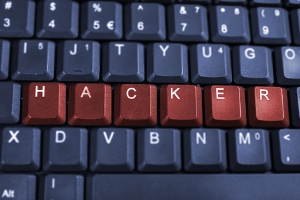Hotel PCs serve up Infections
You can legally purchase spyware and install it on your computer, but it’s against the law to do so on someone else’s device. Spyware records e-mails, chats, browser history, passwords, usernames, etc.
 You’d buy it for your computer if you wanted to know what your tween was up to on it or how much your employees are goofing off.
You’d buy it for your computer if you wanted to know what your tween was up to on it or how much your employees are goofing off.
This same kind of software can infect your computer after you click on a link in a strange e-mail or visit a malicious website that downloads a virus. Spyware can also be in the form of a flash drive-like tool that a snoop or crook could connect to someone’s PC and obtain private information.
Not surprisingly, this technology has made it possible to infect PCs at hotels. In Dallas recently, computers were infected at several major hotels. The crooks used hotel computers to access Gmail accounts, then downloaded and installed the flash drive-like tool to track keystrokes of unsuspecting innocent guest users as they typed in passwords and usernames to access their bank and other online services.
This is why you should use a public computer only for website browsing for the latest news or entertainment. Even if the PC is within visual range of hotel staff, a crook could still easily connect a keylogger. This is just too easy to do once the criminal sits down at a computer.
If you absolutely must print something out from your e-mail account, at least use a throwaway e-mail address like 10minutemail.com or yopmail.com. Use your smartphone to forward e-mails to the throwaway address. Next, access the temporary address from the hotel PC.
Lock down BIOS settings, then secure them with a solid password. This way, people can’t boot up a computer with a flash drive or CD. But not all operating systems support these protective measures. Your best bet, again, is to use hotel PCs only for entertainment or checking on the weather.
Robert Siciliano is an identity theft expert to BestIDTheftCompanys.com discussing identity theft prevention. For Roberts FREE ebook text- SECURE Your@emailaddress -to 411247. Disclosures.


























